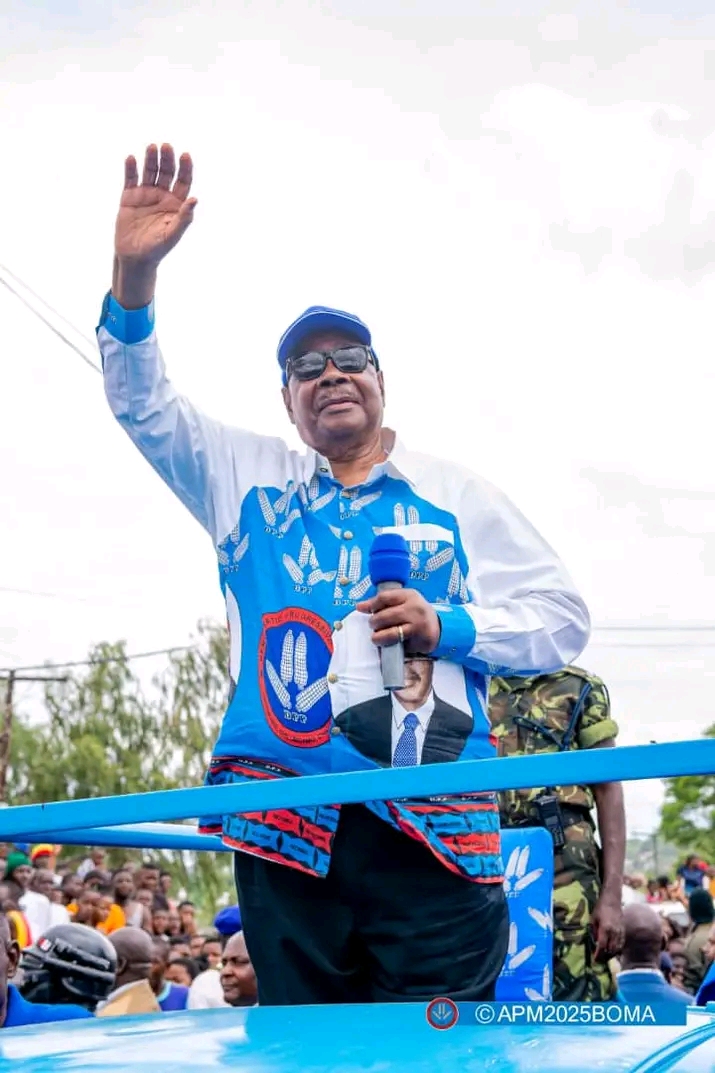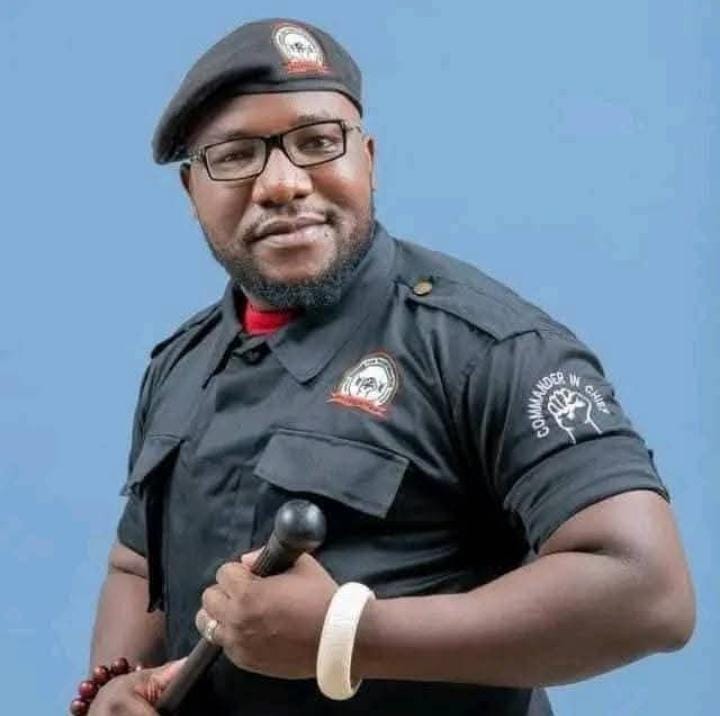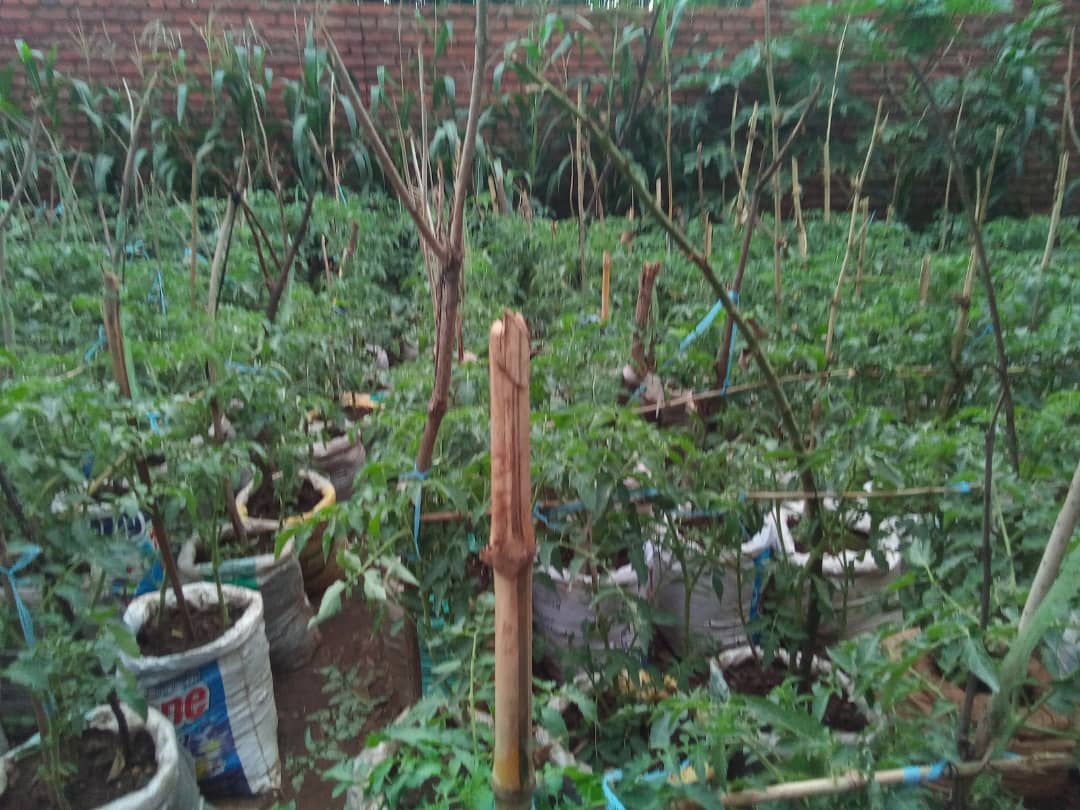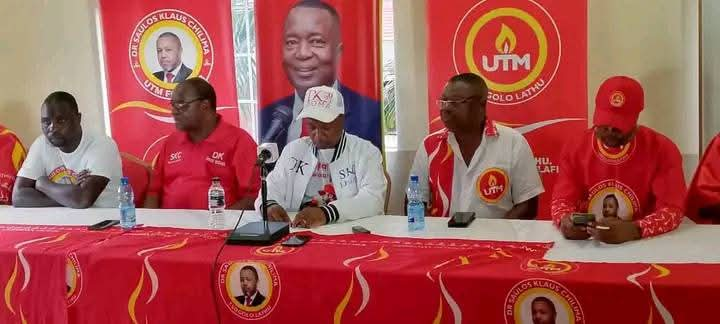By Jones Gadama
As Malawi approaches its pivotal September 16 elections, the political landscape is marked by a curious phenomenon: out of 17 presidential candidates approved by the Malawi Electoral Commission (MEC), only a handful are actively campaigning on the ground.
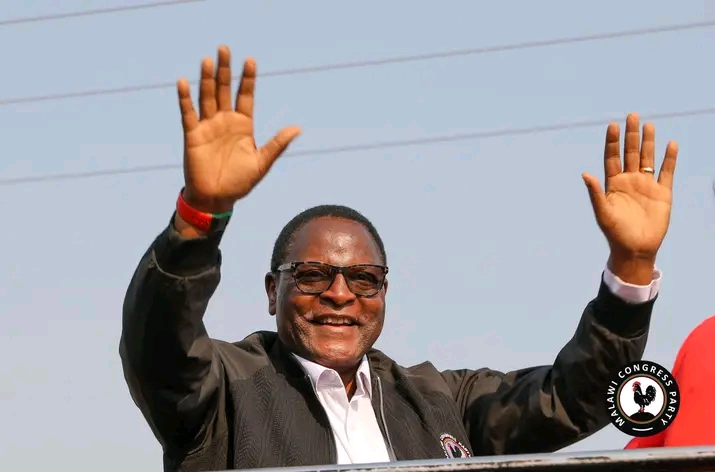
Among those visibly engaged are the incoming president, Professor Arthur Peter Mutharika, the outgoing president, Lazarus Chakwera, and opposition leaders from UTM, PP, and UDF led by Dalitso Kabambe, Joyce Banda, and Atupele Muluzi respectively.
The question that puzzles many Malawians is why the other presidential aspirants, despite having their names officially approved, remain absent from the campaign trail.
This analysis seeks to explore the motivations behind their subdued presence and to shed light on the unique momentum surrounding Professor Mutharika’s candidacy.
First, it is essential to understand the political environment and the dynamics that shape electoral participation in Malawi. Elections here are not merely a contest of names but a test of political will, resources, and public trust.
Campaigning requires significant financial investment, grassroots mobilization, and strategic communication, all of which are demanding for candidates, especially those without established party structures or substantial backing.
Many of the lesser-known candidates who submitted their names may have done so to test the waters or raise their profiles without intending to mount full-scale campaigns.
Their presence on the ballot can be symbolic, reflecting desires to influence political discourse or position themselves for future opportunities rather than a genuine effort to win.
This phenomenon is not unique to Malawi but is often seen in democratic elections worldwide, where multiple candidates qualify but only a few are serious contenders.
In Malawi’s case, the electoral process allows aspirants to enter the race, but the realities of limited resources, political alliances, and public support quickly narrow the field in practice.
Against this backdrop, Professor Arthur Peter Mutharika’s robust campaign stands out.
His active engagement on the ground signals not just ambition but readiness and capability to lead. He represents continuity and stability, especially given his track record and experience in governance.
The professor’s campaign is well-organized, with visible outreach efforts and clear policy messaging that resonates with many Malawians.
His presence energizes supporters and provides a stark contrast to the quieter campaigns of other approved candidates.
Moreover, Professor Mutharika’s leadership style and policy vision have earned him respect across various segments of society. His commitment to economic development, education, and social welfare appeals to a broad base.
The professor’s ability to articulate a pragmatic roadmap for Malawi’s future is a compelling factor that differentiates him in a crowded field.
The subdued campaigns of other approved candidates can also be interpreted through the lens of political strategy. Some may have entered the race to leverage their names for future negotiations or political appointments post-election.
By maintaining a low profile, they avoid direct confrontation while keeping options open for alliances or coalitions.
Others might prioritize their current roles or constituencies, choosing to conserve resources for parliamentary or local council races rather than a daunting presidential campaign.
Furthermore, Malawi’s political history offers lessons about the challenges of sustaining momentum throughout a national campaign.
The high costs and logistical demands often lead smaller candidates to withdraw or reduce their visibility as the election nears.
This reality underscores the significance of Professor Mutharika’s sustained presence and vigorous campaigning—it reflects both his commitment and the confidence of his supporters.
It is also worth noting that the outgoing president, Lazarus Chakwera, remains an active contender, reflecting continuity and competition at the highest level.
The opposition candidates from UTM, PP, and UDF similarly maintain their campaigns, ensuring that voters have substantive choices.
However, the gap between these key players and the quieter candidates highlights the polarization and consolidation of political power among the main contenders.
The question of why some candidates submit their names without campaigning vigorously may also relate to Malawi’s democratic inclusivity.
The electoral process encourages participation and allows diverse voices, even if only a few have the capacity to reach voters effectively.
This openness can be seen as a strength, reflecting Malawi’s commitment to democratic principles, though it also results in a crowded ballot with varying degrees of visibility.
As Malawi prepares to elect its next president, parliamentarians, and councillors, the electoral field is visibly divided between those who actively engage and those who remain on the sidelines.
The subdued presence of many presidential aspirants is a product of practical considerations, strategic choices, and political realities.
Meanwhile, Professor Arthur Peter Mutharika’s leadership is clearly resonating with many Malawians, as evidenced by his energetic campaign and widespread support.
His vision for Malawi’s future, grounded in experience and a deep understanding of the country’s needs, positions him as a leading figure in this election.
As voters head to the polls on September 16, the choice seems to crystallize around proven leadership and a clear path forward, embodied by Professor Mutharika’s dynamic and focused campaign.
Feedback:099 208 24 24

